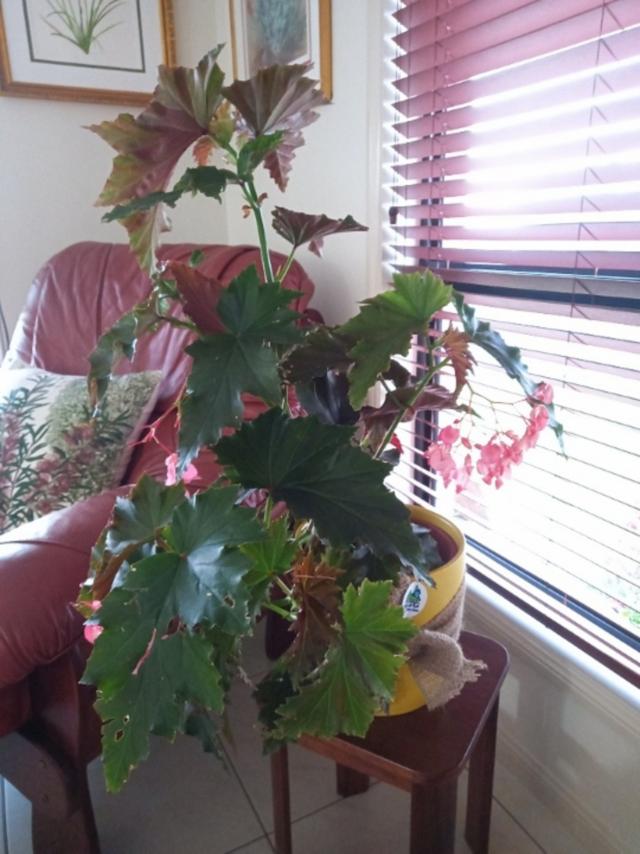Digital Edition
Subscribe
Get an all ACCESS PASS to the News and your Digital Edition with an online subscription
Condy keeps clubs moving
The Condamine Sports Club continues to set the benchmark for what a truly community-focused club can be, with its support reaching far beyond its...








